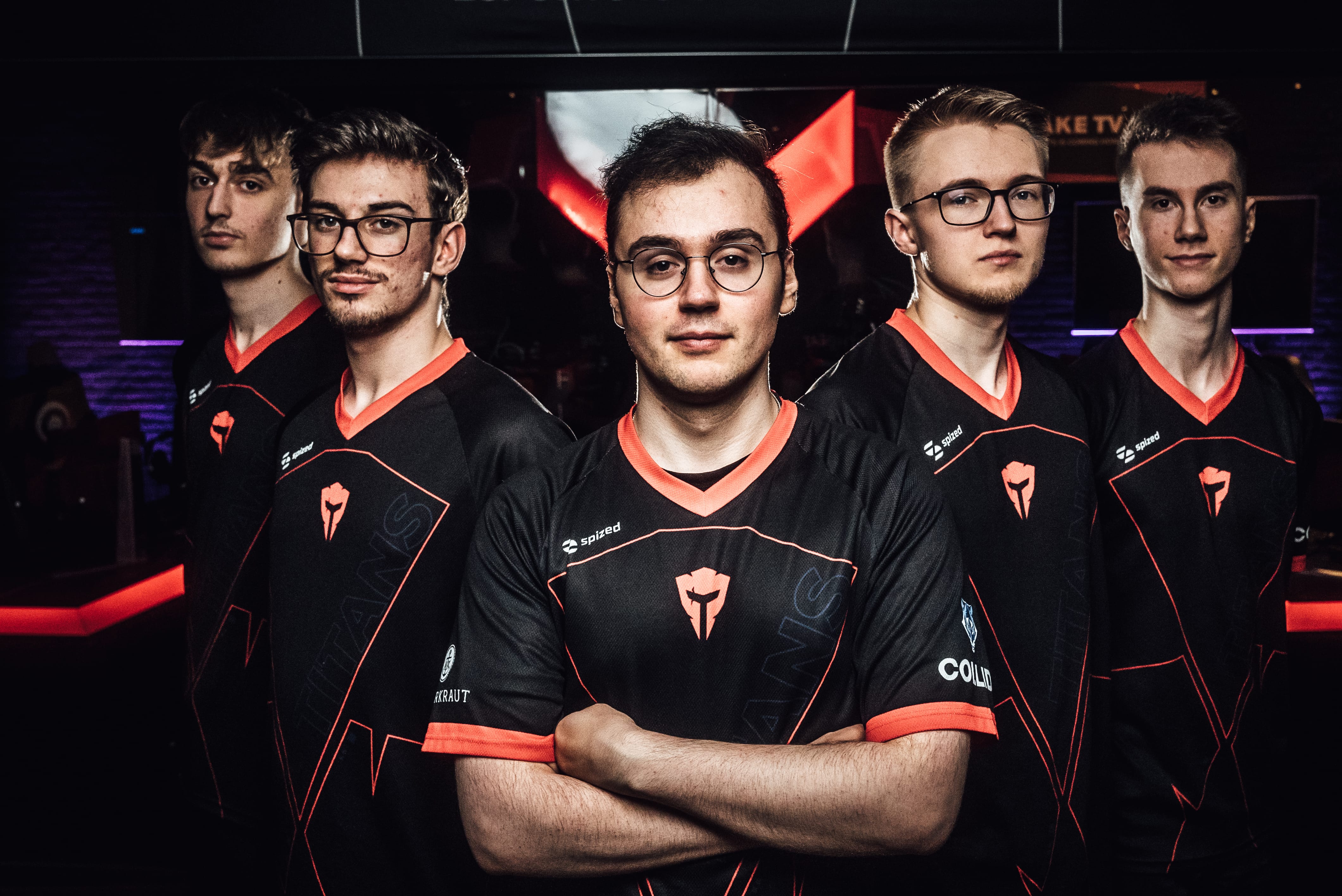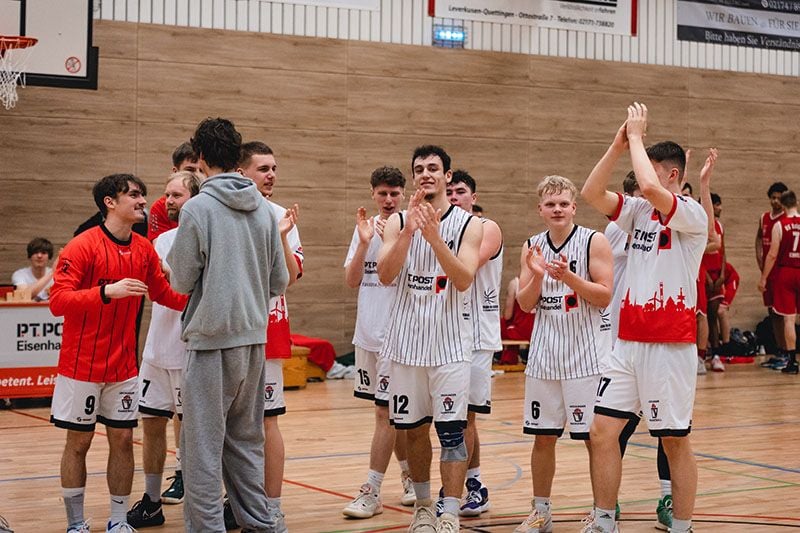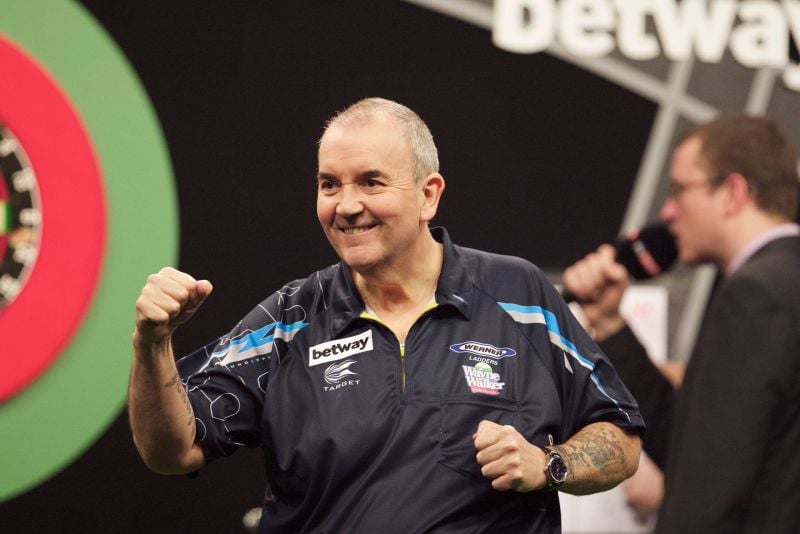1. First steps to an eSports career: the foundation stone
The cornerstone of any career should be your motivation. This must be intrinsic and not extrinsic. This means that the enjoyment of the game should be the most important factor. But it can also be the enthusiasm for the competitive aspect or the desire to become better at something. Devoting oneself only to money, success and fame has never produced a professional in the sports sector.
2. The right game: the way of the experienced gamer
If the motives are right, you still have to
find the right game for you. But that is easier said than done. If gaming has been one of your hobbies since childhood, an established eSports title in which you have already gained experience would be a possibility. Counter Strike: Global Offensive (CS:GO), Dota 2 or League of Legends are the titles with the largest base of players and the highest viewership on Twitch. Therefore, these games would make sense for experienced gamers. Here, there are infrastructures in the form of leagues and sponsored tournaments where you can set tangible goals. However, as a "newbie" in gaming, mentioned titles would not be the best choice, as there are already a high number of good players.
Newcomers should turn to games that are gaining popularity. This way, you can evolve with the game and explore new styles of play. A big risk is the decline of a game. If the hype around a game diminishes, it is much more difficult to get attention. As an eSports player, you have no direct influence on this. This is best illustrated by the example of PlayerUnknown's Battlegrounds. By establishing the genre "Battle Royal", it triggered a real hype that helped the title to great success. However, due to the lack of expansion of the associated eSports scene, the title quickly lost its popularity again. As you can see, choosing the right game plays a big role when it comes to a career as an eSports player.
3. How good do I have to be to become an eSport pro and how do I get better?
After choosing your game, getting good at it takes time. "Think of your daily training as a workout in the gym, you don't have an athletic body after one workout.
The most important thing is to be consistent," Fabio advises. Besides playing, you should also invest time in watching better gamers. Learn through practice and theory, so to speak. You should also play a lot to progress quickly: "Concentrate on playing as many ranked matches (internal league system of a game) as possible in the game of your choice. "Ranking is the easiest way to steadily improve your skills. Especially with regard to "Game Sense" and your mechanical skills. Your muscle memory is trained through the routine movements and helps you to react faster to any situation through constant repetition.
4. Am I good enough?
The results of the above-mentioned "Ranked Matches" reflect your skills in an in-game ranking list. In this you can quickly determine whether you have talent that can be promoted. In the tactical shooter Valorant from developer Riot Games, the ranking system builds up as follows (low to high): Iron, Bronze, Silver, Gold, Platinum, Diamond, Ascended, Immortal and Radiant. Except for Radiant, each rank is divided into three levels. The higher the number, the better the rank. The Radiant rank is occupied by the 500 best players in the region.
To pursue a professional career in Valorant, a place among the 500 best players in the region would almost be a prerequisite. "You have to start not seeing the game as a game. It's a job, so try to handle it that way - be disciplined. Finding a balance between the daily grind (playing heavily for many hours a day) is not easy and can quickly turn negative. You have to maintain your physical and mental health through routines outside of gaming," Fabio says.
Tip: Take one or two days a week completely free from gaming. Spend time with family and friends and just turn off the screen. This is perfectly normal in the world of professional eSports. But what does the daily routine of an eSportsman actually look like?
This was the daily routine during AFoxx's time in the Valorant Regional League DACH: Evolution:
- 10:30: Get up, shower.
- 11:00: Breakfast.
- 11:30: Warm-up on the PC, hand-eye coordination on the shooting range (Valorant training area) against AI bots.
- 12:00: Deathmatch game against human opponents.
- 13:00: Train various mechanics in the game (tip: set yourself goals that you want to achieve in this session, e.g. improve your aim with pistols, micro-movements etc.).
- 13:30: Review of past games in the team and check with the coach what can be improved and what mistakes we made.
14:30: Lunch.
15:00: Training session in the team.
- 21:00-22:00: Solo Ranked or Deathmatch, try out new agents or manoeuvres.
- 23:30 Relaxation in the form of watching series before going to bed, and watching a few more replays in bed, focusing on my own gameplay.
5. Search like-minded people
Networking is still the be-all and end-all in the eSports scene. Since the infrastructures are young, a lot happens behind the scenes
through connections, which you will also make yourself in the course of your career. "Find a team, gain your first experience, or join a community of like-minded people," advises Fabio. In the meantime, eSports communities are springing up in more and more big cities. In Cologne, for example, there is an association called "eSports Cologne". Or are you a student? Ask your university for clubs or teams represented in the university league in the area. If there are none, take the initiative and found a team. It's easy to do on the Uniliga website. But before you start, make sure you get permission from the rectorate of your university!
6. Talent present? Very good! But what happens next?
Attention is the magic keyword here. What's the point if you're among the top 500 in the region and no one notices? Of course, you can be lucky and an established eSports club will take notice of you by chance. But luck is not a calculable variable. So show what you can do! How, you ask? Streaming would be a good option, for example. If you play well and can show it, the number of viewers will grow over time. This increases the chance of being discovered by talent scouts. To show your talent in the stream, you need two basic qualities without which it will be difficult to generate attention:
Ambition and discipline.
You build a foundation for recurring viewers through regular and fixed streaming times. This requires both of the above qualities and fixed time slots during the week. Make a plan for your streaming times and stick to it. You'll find that it's not that easy to find regular time in addition to school, studies or your job. Streaming and professional gaming looks easier than it really is. In addition to motivation and stamina, another factor plays an important role in gaming and streaming.
7. The right equipment
Gaming is an expensive hobby. However, the right equipment is essential. Besides the necessary hardware, you also need suitable peripherals in the form of gamepads, mice, keyboards, headsets and much more. The list and buying advice here would go beyond the scope of this article and varies from gamer to gamer. The gaming community will be able to help you best. Or you can take a look at the equipment from AFoxx, which specialises in first-person shooters:
- Mouse: Logitech Gpro Superlight
- Keyboard: Anne pro II Gateron, red switches
- Mousepad: Logitech G640
- Monitor: AGON 360hz
- Headset: Logitech pro x wireless
If you have the right equipment, sufficient motivation and, above all, stamina at the start, nothing stands in the way of your goal of becoming an eSportsman. If you are already an eSport athlete, or if you want to present yourself professionally right from the start, a
customised jersey is of course a must. In our
3D configurator, you can design your own eSports jersey and let your creativity run free!







.png)









































































